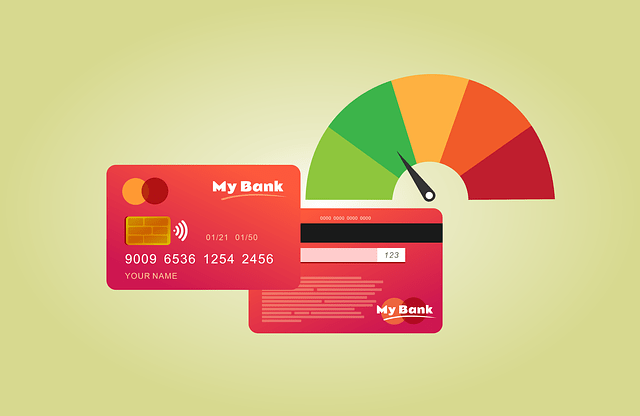Importance and Advantage of
Credit Score in UAE
You are aware of your age, weight, and possibly even your blood cholesterol levels. But, do you know what your credit score is? According to a study, a large number of UAE citizens are ignorant of the term, leave alone that a credit score is maybe the most crucial figure when it comes to financial concerns.
What is a Credit Score
Simply explained, a credit score is a three-digit number calculated independently that shows your likelihood of making loan and mortgage payments on time. The number ranges between 300 and 900 and shows the creditworthiness of a borrower. The greater the number, the lower the risk you pose to a lender. In the UAE, a credit score of 700 or more is considered good.
The Al Etihad Credit Bureau (AECB) is in charge of issuing credit scores in the UAE. The group was founded in 2014 with the goal of increasing openness in the country’s financial dealings. The AECB compiles data from loan, mortgage, credit card transactions, and phone bills to create a credit report for financially engaged residents in the country. As a result, any UAE person who has any of these will have a credit report and a credit score.
Your credit report determines your credit score. This includes your whole credit history in the UAE, including credit cards, loans, overdrafts, and other financial advances. Your credit report also tracks your payment history, such as whether you pay your bills on time, if you’ve missed payments, or if any of your checks have bounced. This information is linked to your name and Emirates ID number.
Importance of Credit Score in the UAE
Lenders check your credit score to see how likely you are to repay your obligations – and hence whether or not you are a good risk. As a result, your score has a considerable impact on whether you are able to acquire a loan or mortgage, as well as the type of credit limit you may be allowed on your credit card.
If a bank representative calls you and offers you a greater credit card limit, you most likely have a good score. In contrast, if you’ve been denied a loan, a poor score could be the reason. People with stronger scores may even be eligible for lower interest rates from some lenders.
Determining your Creditworthiness
On a daily basis, the AECB monitors approximately 2,000 data points around the UAE. Banks, insurance companies, telecom operators, and utility providers, as well as the UAE’s courts, are among them.
Your personal credit score is then computed by determining whether you pay your credit card, insurance premiums, and phone and power bills on time. Other elements that influence your score include the number of loans and credit cards you have, how much you use your credit limits, and how late any missed payments are.
The score is dynamic, changing in response to recent payment patterns as recorded in your credit report. Despite a good track record dating back years, missing a few months’ payments could result in a big rating decrease.
How to find your Credit Score in the UAE
Because you’re in the UAE, there’s an app to let you get your credit score and report. Simply download the AECB app for free from the App Store or Google Play. It’s a four-step process from there:
- Scanning your Emirates ID is required.
- Create a new password and register.
- Choose a product, such as your credit score, credit report, or both.
- Finish your purchase.
You can also obtain your credit report or score online by visiting AECB’s website.
A third alternative is to go to one of the AECB’s two branches, which are located in Dubai and Abu Dhabi, respectively.
How should one improve their Credit Score?
As previously stated, credit scores in the UAE can fluctuate depending on your payment history. As a result, it makes sense to adhere to a few recommended practices to maintain a high score, such as paying your bills on time and not changing bank accounts too frequently. A healthy score is the result of good financial habits.
Every UAE person should be aware of their credit score and recognize its significance to their financial well-being.
If you find this information interesting or useful, please share it.






